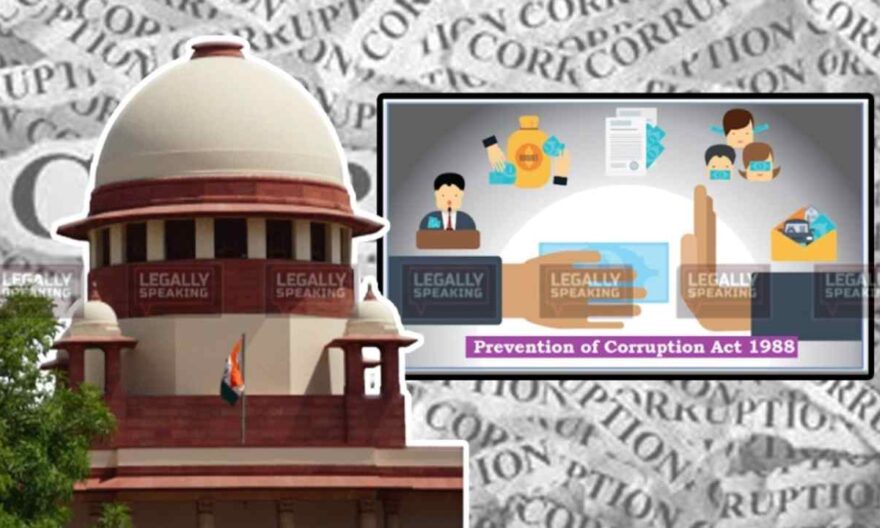
The Supreme Court recently asked the Central Bureau of Investigation (CBI) to respond to a plea regarding the status of a Resolution Professional in an insolvency process as a ‘public servant’ who can be prosecuted under the Prevention of Corruption Act (PC Act).
A bench consisting of Justices AS Bopanna and Prashant Kumar Mishra, during the vacation period, issued a notice in an appeal challenging an April order of the Jharkhand High Court that had refused to quash the proceedings under the PC Act against the appellant in question.
According to Section 2(c) [v] and [viii] of the Act, a public servant includes individuals authorized by the courts to perform public duties related to ‘administering justice,’ which encompasses liquidators and other similar roles.
A Resolution Professional is appointed when a company files for bankruptcy and initiates insolvency proceedings. Their role involves assuming responsibilities for managing the company’s assets, appointing accountants and legal staff to verify liabilities, and issuing legal notices as necessary.
The petition presented to the Supreme Court argues that the High Court failed to acknowledge that Resolution Professionals are not considered a public authority even under the Right to Information (RTI) Act. It emphasizes that their duties are not related to functions in which the State, the public, or the community at large have an interest. Instead, “The duty is discharged only towards the stakeholders of the Corporate Debtor and them alone.”
Furthermore, it was argued that the authorization of an assignment under the Insolvency and Bankruptcy Code (IBC) differs from the duty of administering justice under the Prevention of Corruption Act (PC Act).
The argument highlights that Section 233 of the IBC grants immunity to such professionals from legal proceedings.
According to Section 236 of the IBC, a special court can only take cognizance of offenses under the Code upon the filing of complaints by the Insolvency and Bankruptcy Board of India. However, in the present case, this condition was not met.
The appellant in question was appointed as a Resolution Professional by Adi Ispat Private Limited, a corporate debtor, after the complainant defaulted on a loan from the State Bank of India.
It is alleged that the complainant filed a baseless case against the petitioner in response to the latter’s identification of instances of siphoning and misappropriation of funds by the complainant to the Committee of Creditors.
The reasoning behind the High Court’s decision was that public servants are not restricted to government employees or individuals associated with state instrumentalities.
According to the High Court, if a Resolution Professional accepts a bribe to show favoritism, they would fall within the scope of the Prevention of Corruption Act (PC Act) and be subject to investigation by the Central Bureau of Investigation (CBI).




